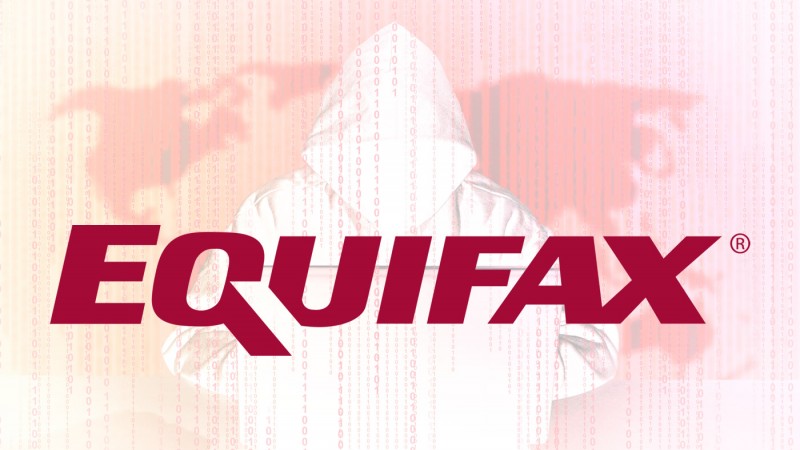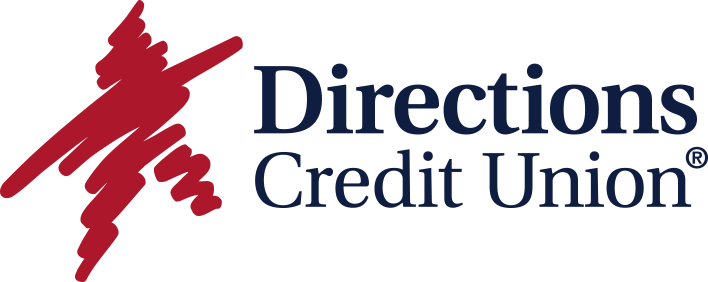Massive Equifax Data Breach. What You Need to Know.
- Details
- Written by Drew Guthrie
- Category: Articles

On September 7, 2017, Equifax, one of the big 3 consumer credit reporting agencies, announced that sensitive information for 143 million American consumers including names, Social Security numbers, birth dates, addresses and driver's license numbers were stolen by hackers.
In addition, credit card numbers for 209,000 consumers and documents that are used in disputes containing personal information of 182,000 people were stolen. Equifax is only sending direct mail notices to consumers whose credit card numbers or dispute documents were stolen.
Identity thieves can use the stolen data to get credit cards or other lines of credit, use your existing credit cards, open utility accounts, or impersonate you in other ways.
The hackers accessed the various files in Equifax's system from mid-May through July 2017. The company says that it discovered the breach on July 29th and hired a cybersecurity firm to determine what data was stolen. Yet, this breach was not disclosed to consumers until September 7th which allowed the hackers more time to use the stolen data.
Are you affected? There is a high probability that you are, since approximately 45% of the entire U.S. population may be impacted.
Equifax has set up a dedicated website, equifaxsecurity2017.com, with information about the breach. If you really want to know if you are impacted, you can check on this website but you must provide your last name and the last six digits of your Social Security number. There were problems with this initially but it may now be fixed.
Equifax is also offering all consumers identity theft protection service for 1 year. You have the option to enroll in Trusted ID Premier which is an Equifax company. Once you provide your last name and the last six digits of your Social Security number, you will receive an enrollment date. You can't sign up before then. Even though the service provides monitoring for all 3 credit reports, it only allows you to lock and receive copies of your Equifax credit report. You will still need to manage your other credit files separately. Experian has added an FAQ to their website to confirm that if you enroll in the free credit file monitoring and identity theft protection they are offering you will not waive your right to take legal action.
What Should You Do?
You should take the following steps whether you are impacted by the breach or not.
Freeze your accounts at all 3 credit bureaus. This is the most effective way to protect yourself from identity theft. Thieves won't be able to establish new credit in your name even if they have your personal information. A freeze has no impact on your existing lines of credit such as your credit cards. It will cost you a small fee which ranges from $3 to $10 per person per bureau to freeze your accounts. If you need to apply for credit, you can "thaw" your account for one creditor for a specific period of time using a personal identification number. Thawing may also cost a fee ranging from free to $10. Here are the instructions for placing a freeze at Experian, TransUnion, and Equifax. You may also want to freeze your report at Innovis, a lesser-known consumer reporting agency.
Place a fraud alert on your credit reports. A fraud alert is not the same thing as a credit freeze. An alert is a notice that warns current and prospective lenders that they must take reasonable steps to verify your identity before granting credit. You only need to request a fraud alert at one of the big 3 credit bureaus as they will inform the other two. You will need to place the alert at Innovis separately. The alert lasts 90-days. When you place or renew the alert, you are allowed to request a free credit report.
Consider signing up for a fraud protection service. These services, for a fee, monitor more than your credit and provide more services than a credit monitoring service.
You need to be proactive in protecting your financial and personal information. No one else can do it for you.














